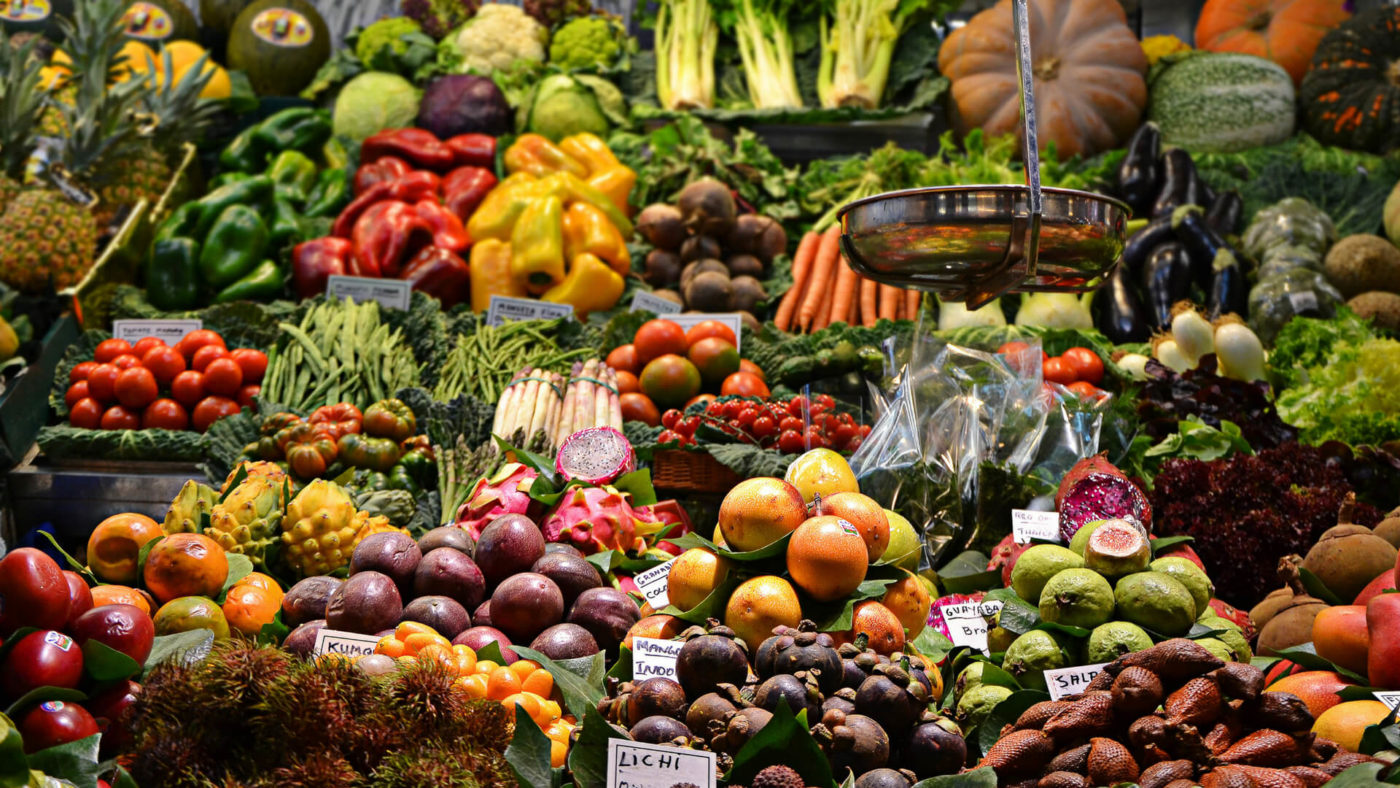Economic and financial experts express concern about Nigeria’s meagre agricultural export revenue despite its vast and fertile land with favourable weather conditions. In 2022, Nigeria’s total agricultural exports amounted to N598.2 billion, reflecting an 18.5% increase compared to the previous year.
In contrast, the Netherlands’ economy raked in an estimated N4.9 trillion (€49.6 billion) solely from agricultural exports 2022. This staggering figure highlights a substantial discrepancy in earnings between the two nations.
Notably, in 2020, Nigeria’s agricultural exports were valued at N321.54 billion, slightly increasing to N269.83 billion in 2019. However, these figures pale compared to The Netherlands’ robust earnings in the same period.
The agricultural sector in Nigeria accounted for 7.29% of total imports, totalling N1,865.53 billion in 2022, representing a 5.43% decline from N1,966.89 billion in 2021. Additionally, this sector contributed 4.7% to the country’s total exports during the same period.
Cocoa beans, sesame seeds, and cashew nuts emerged as the top three exported agricultural commodities, generating N442.95 billion in revenue for Nigeria. Despite the nation’s vast landmass and agricultural potential, it falls significantly short in earnings compared to The Netherlands.
It’s noteworthy that The Netherlands, despite being approximately 22 times smaller than Nigeria in size, boasts significantly higher agricultural export earnings. The Netherlands spans about 41,543 sq km, while Nigeria covers approximately 923,768 sq km—making Nigeria 2,124% larger than The Netherlands.
Even more striking is the fact that six individual Nigerian states, all in the Northern region—Niger, Borno, Taraba, Kaduna, Bauchi, and Yobe—are each larger than The Netherlands.
Lekan Musa, an economic expert, expressed disappointment, stating that Nigerian officials should feel ashamed of the situation and urged increased investment in agriculture for substantial returns. Another expert, Ogochkwu Onuora, attributed the disparity to an excessive focus on the oil and gas sector, emphasizing the need for the Nigerian government to prioritize and boost agricultural exports for enhanced earnings.











